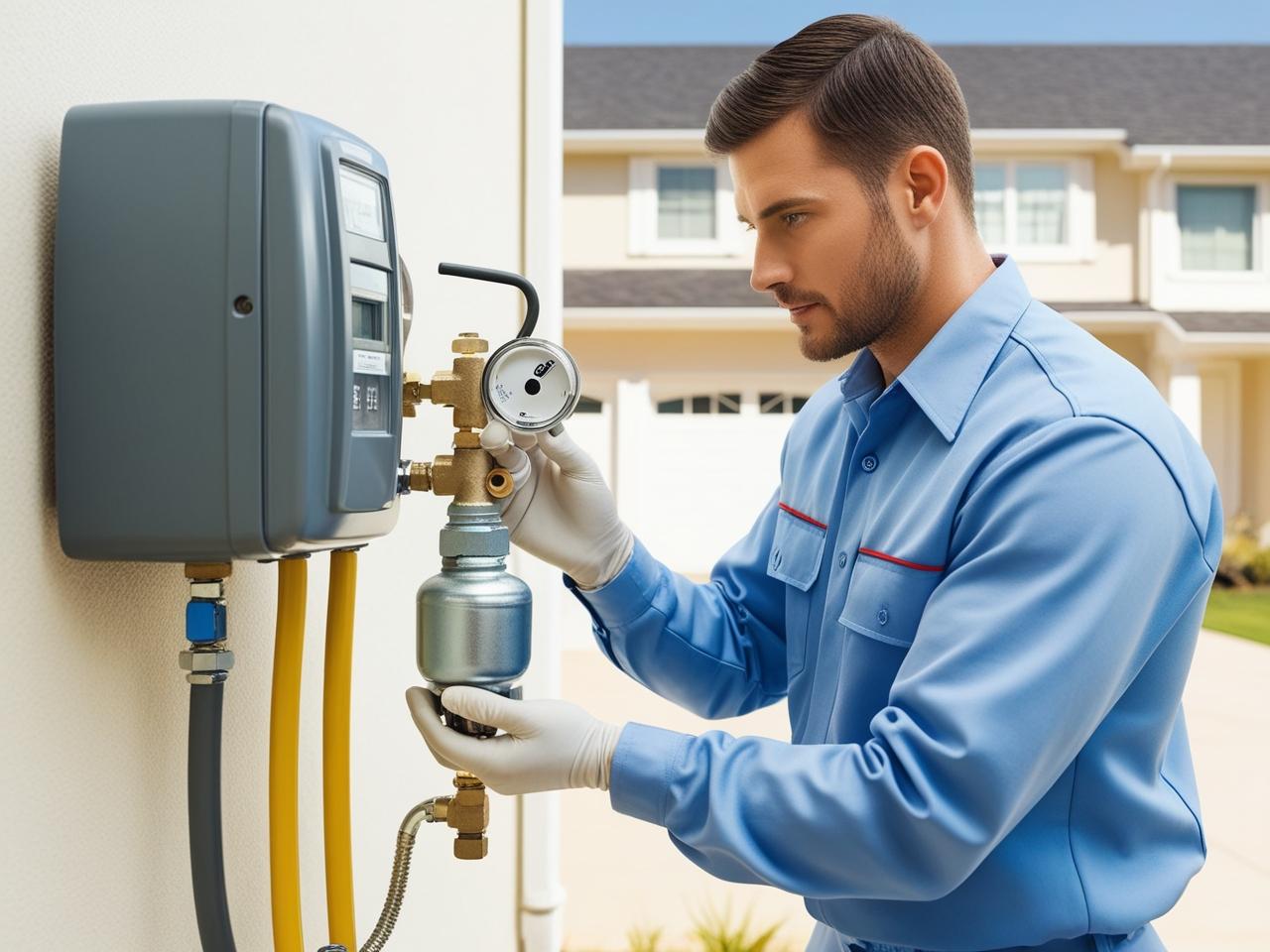Summary: From automated gas leak detectors to smart meters, technology is transforming gas services, making them safer and more efficient. But with increasing environmental concerns, should we still rely on gas, or is it time to transition to alternatives?
1. Smart Gas Meters: Real-Time Monitoring for Efficiency
Smart gas meters allow homeowners to track gas usage in real time, helping them identify wasteful consumption and reduce bills. These devices automatically send readings to utility providers, eliminating the need for manual checks.
2. Gas Leak Detection: Preventing Disasters Before They Happen
New AI-powered gas leak detectors can detect even the smallest leaks, sending alerts to homeowners before they become dangerous. Some advanced systems can even shut off gas supply automatically to prevent fires or explosions.
3. The Rise of Hybrid Heating Solutions
Many homeowners are adopting hybrid heating systems that combine gas with heat pumps or solar heating. This reduces reliance on fossil fuels while keeping homes warm efficiently, especially in colder regions.
4. Gas vs. Electricity: Which is the Future?
As governments push for net-zero emissions, electric heating alternatives like heat pumps are gaining popularity. But is gas still the most reliable option for home heating? The debate continues as new regulations emerge.
5. The Role of Hydrogen in Gas Services
Energy companies are experimenting with hydrogen-powered heating systems, which could replace natural gas with a zero-emission alternative. While still in early stages, hydrogen could play a key role in the future of clean home heating.








